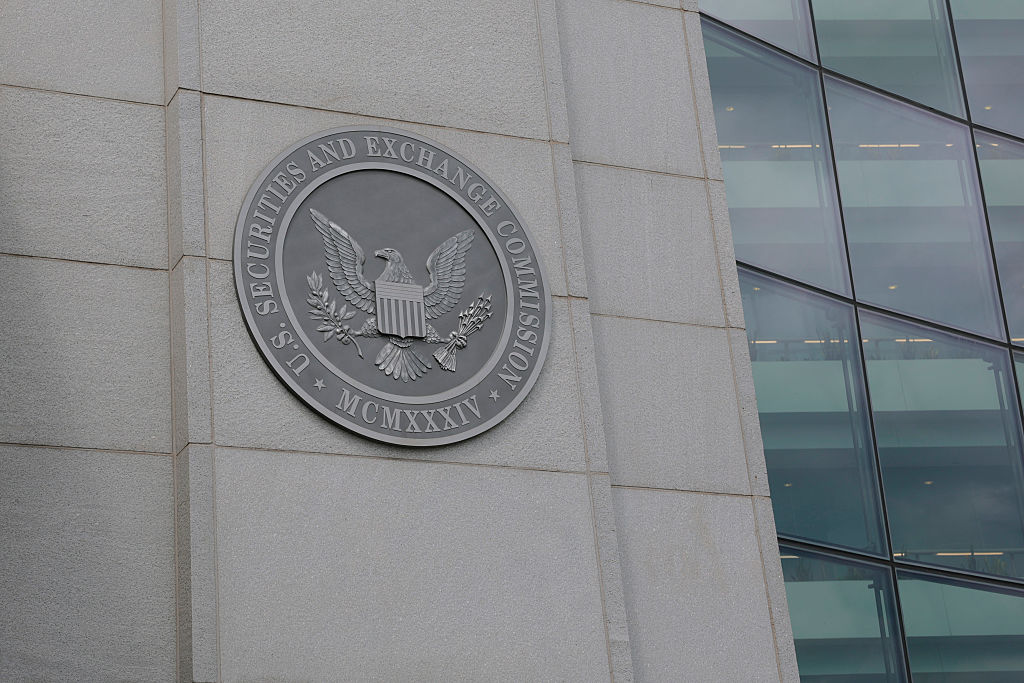This is a transcript of the podcast Veteran investigator Kathy Enstrom walks us through the effective investigation between GRIP’s US content manager Julie DiMauro and Kathy Enstrom, Director of Investigations for the Moore Tax Law Group.
[INTRO]
Julie DiMauro: Greetings everyone. I’m Julie DeMauro, the US Content Manager, speaking to
Register for free to keep reading
To continue reading this article and unlock full access to GRIP, register now. You’ll enjoy free access to all content until our subscription service launches in early 2026.
- Unlimited access to industry insights
- Stay on top of key rules and regulatory changes with our Rules Navigator
- Ad-free experience with no distractions
- Regular podcasts from trusted external experts
- Fresh compliance and regulatory content every day












